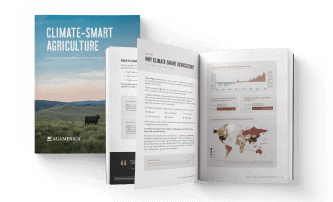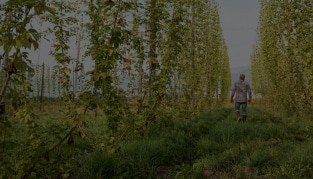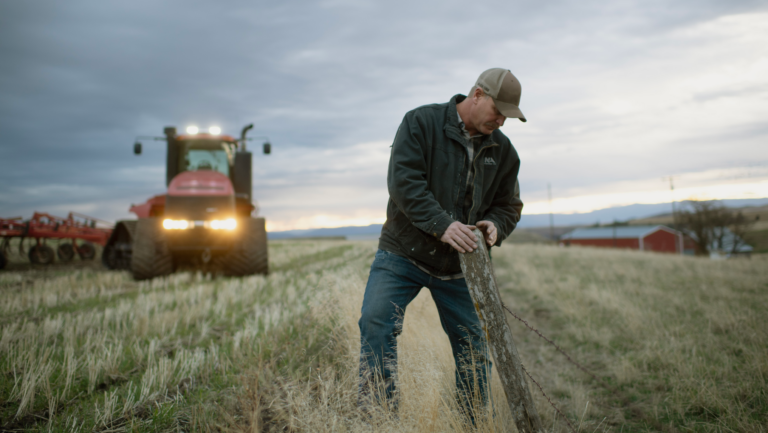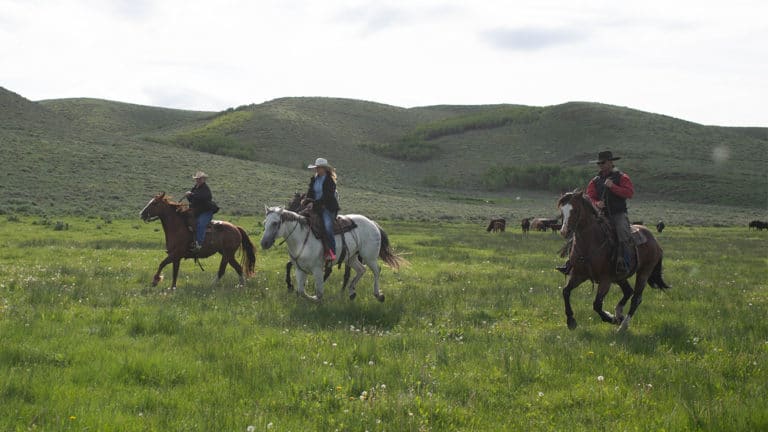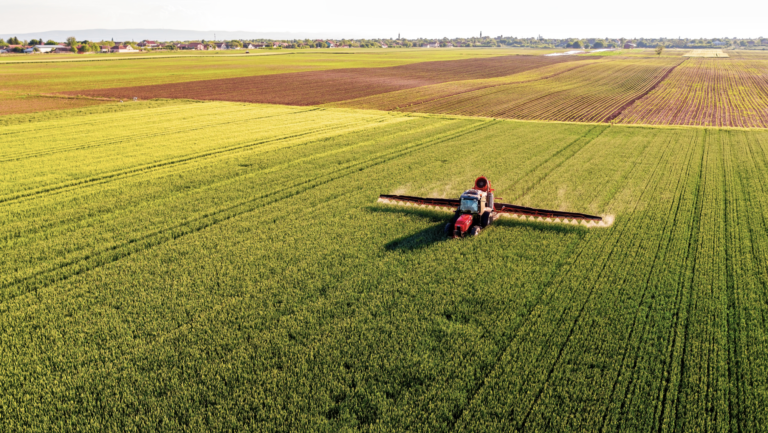Climate-smart agriculture (CSA) is a holistic approach to farming, ranching, and forestry that involves implementing regenerative farming practices—such as conservation tillage and cover crops—to improve soil health. In doing so, farmers and ranchers can build greater resilience to severe weather events, which have caused substantial economic consequences for farmers and ranchers over the last several decades.
Download the Whitepaper
Fill out the form below to access your free farmland report.
(cost amount for each state and type rounded by nearest billion dollars, CPI-adjusted, from 1980-2021 by NOAA)
In an industry like agriculture, climate change is creating disruptive and costly consequences for soil health, crop yields, food crop nutrients, livestock health, water availability, and profit margins. While the rate of natural disasters varies depending on location, no region in the U.S. is spared from their impacts.
This reality has led to increasing awareness regarding the benefits of regenerative farming practices to improve soil health, reduce fertilizer input costs, increase yields, and optimize carbon sequestration potential.
If this is true, the question is—why isn’t everyone using climate-smart farming practices?
Download the full whitepaper to explore firsthand insights on the risks, rewards, and roadblocks of climate-smart agriculture from industry experts, economists, farmers, and ranchers across the nation.
